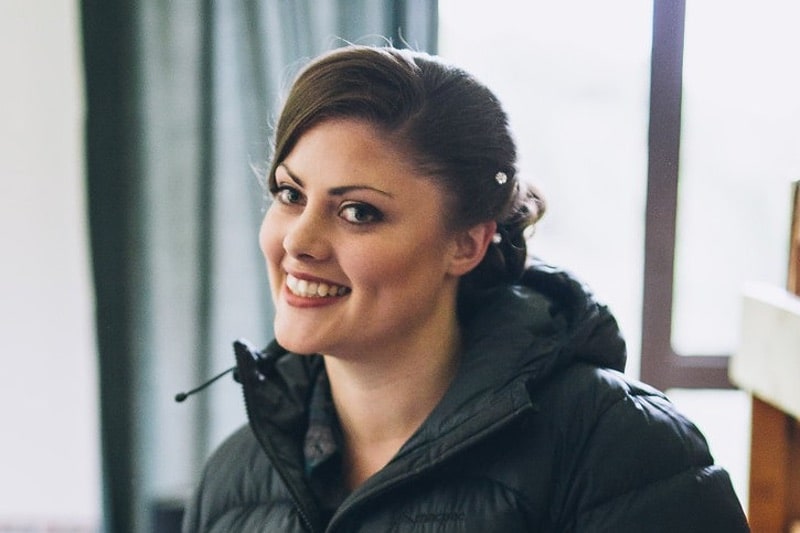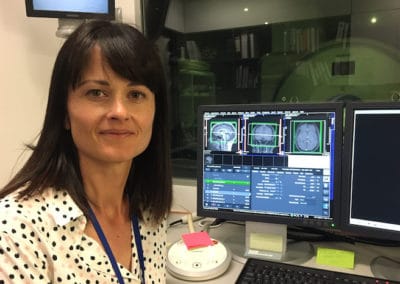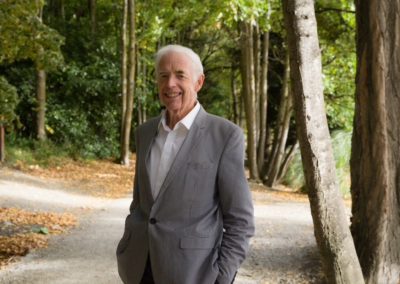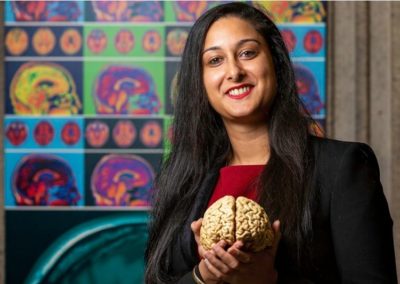Tell us a little bit about your research, what do you do? What do you enjoy most about your work?
I primarily research the cognitive and neuropsychiatric issues that people who have Parkinson’s disease may face as the disease progresses. Currently, I am developing an advanced MRI-derived model of brain ageing to track disease progression in Parkinson’s disease and I am working with Prof Simon Lewis at the University of Sydney to examine hallucinations in Parkinson’s disease.
There are many things I enjoy about my work but the thing I enjoy the most is getting to meet and talk with people who have Parkinson’s disease. They are the reason that I do the research that I do.
How did you get interested in (neuro)science?
I knew very little about neuroscience until I found myself taking a paper called biological psychology in the last year of my Bachelor’s degree at the University of Canterbury. This was my favourite paper from my undergrad degree and as a result led me to completing a PhD in neuropsychology. I found that the more I learnt about the brain and how it worked the more questions I had. This still keeps me interested and wanting to find out more about how our brains work, especially as we age and things start to deviate from what we would expect to see in a healthy ageing brain.
Which (female) scientist inspires you most? Who is your science icon?
This a tough question as I don’t have a ‘science icon’ but the women in science that I look up to are my colleagues who are excelling at their careers and successfully bring up families.
What were the greatest challenges you have faced as a female scientist? How have you overcome them?
I have been very fortunate in my career thus far to not have experienced any notable challenges simply because I am a female scientist. The main reason why I may not have faced as many challenges as other women scientists is because I studied psychology. Psychology is a female dominated area and therefore I think that I have benefited from the women who have gone before me and changed the culture within my field. However, I think as I move into a different stage of life where I may want to start a family it will become more challenging to plan this while still maintaining a competitive research career.
What needs to change to make things better for the next generation of women and girl scientists?
I think that over the past few years many of the challenges that women faced when they were beginning their career in science are no longer as much of an issue. I work in an exceptionally supportive environment where there are many great female and male scientists working collaboratively together. However, planning when to have a family is still a very real challenge as there is little job security as an early career researcher. Regardless of your gender you are constantly seeking soft grant money to support yourself and therefore as a woman if you decide to take a year away from work you may not be as competitive when applying for salary support compared to your male counterparts and/or be eligible for maternity leave.
What advice would you give to young women and girls today?
Science is an incredibly rewarding area to work in, where there is always a new problem to try and solve. Just like any career though, science can be challenging at times and therefore it is important to work in an area that you are passionate about. My advice to any women or girl who is thinking about starting a career in science is to figure out what interests you and then talk to people about it. This may look like going to public talks or watching videos on youtube about science, health or our world to figure out what you are interested in. If you have found an area of science that interests you, pursue it. Nothing is ever easy and scientific research certainly has it’s ups and downs, but if you are working towards something that you are passionate about it will motivate you to keep on persevering when things seem impossible.
Dr Kyla Horne is a Brain Research New Zealand Postdoctoral Fellow at the University of Otago, Christchurch. She completed her PhD at the University of Canterbury.
Read about more inspiring neuroscientists in our Women in Science series.



